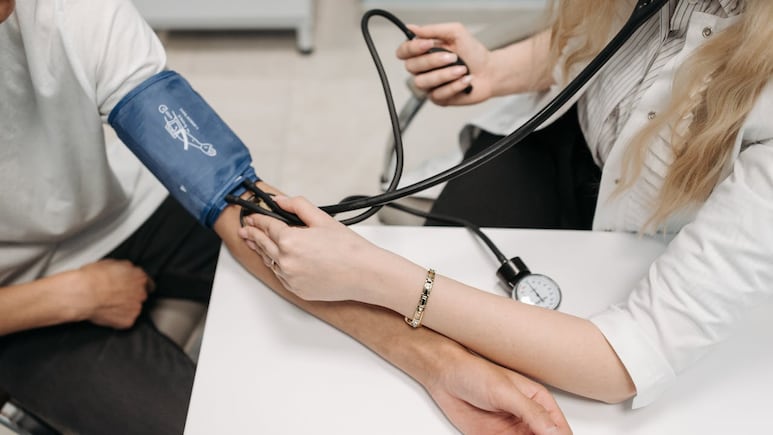
As per the World Health Organization, hypertension or high blood pressure affects over 220 million people in India, yet only 12% of them have it under control. While medication remains the primary treatment, for some, even optimal medication and lifestyle changes fail to bring blood pressure under control. This condition is termed resistant hypertension. It is defined as blood pressure that remains above 140/90 mmHg despite the use of three or more antihypertensive medications, including diuretic at optimal doses. This World Heart Day, it is critical to raise more awareness about resistant hypertension, the impact it has on heart health, and the actions you can take today to mitigate the risk factors. Resistant hypertension is more than just a blood pressure reading, it is a warning sign that the individual is at a higher risk for heart attack, stroke or kidney disease. That is why it is crucial to identify underlying causes such as sleep apnea, hormonal imbalances, obesity, alcohol use, or even the use of certain medications. Timely interventions that combine lifestyle modifications with medical therapy can significantly change the outcome for these individuals and prevent long term complications. Reassessing Lifestyle, The DASH Diet WayDASH Diet (Dietary Approaches to Stop Hypertension) is a cornerstone and one of the most evidence-backed dietary interventions to lower blood pressure. It emphasizes the intake of fruits, vegetables, whole grains, low-fat dairy, lean proteins and nuts in the diet as these foods are rich in potassium, calcium, and magnesium; minerals proven to help lower blood pressure. Reducing sodium to 2,300mg per day (ideally 1,500mg) and increasing potassium intake are key components of this diet. As per studies by the National Institutes of Health, following the DASH diet can lower the systolic blood pressure by up to 11mmHg in people with hypertension. Move More, Stress LessPhysical activity is another pillar of blood pressure management. Aerobic exercise such as brisk walking, cycling or swimming and dynamic resistance training like weightlifting, have been shown to lower blood pressure by 5-8mmHg. Even small reductions in blood pressure like a 5mmHg drop can reduce stroke risk by 14% and coronary heart disease mortality by 9%. Importantly, exercise also reduces stress, which is a well-known contributor to elevated blood pressure. Sleep And Adherence MatterSleep quality is a strong contributor to elevated blood pressure. Conditions like obstructive sleep apnea (OSA) are highly prevalent in people with resistant hypertension. Similarly, medication adherence plays an important role. Studies have shown that nearly 50% of patients do not adhere to their medication regimens, often skipping doses or discontinuing treatment when they feel improved symptoms or encounter adverse effects. Addressing these barriers is important. When Lifestyle Changes Aren't Enough, Consider Renal Denervation (RDN)Despite the best efforts, some patients continue to struggle with high blood pressure. This is where renal denervation (RDN) enters as a ray of hope. It is a minimally invasive catheter-based procedure that uses radiofrequency to target overactive sympathetic nerves in the renal arteries that play a key role in regulating blood pressure. By calming these nerves, RDN helps in achieving stable and sustained reductions in both systolic and diastolic blood pressure. Hypertension, and especially resistant hypertension, require a multifaceted approach that needs you to take control. The first line of defense remains medications and lifestyle changes, like adopting DASH diet, increasing physical activity and adherence to medications. For those who continue to struggle despite these efforts, advanced therapies like renal denervation offer new hope. Managing hypertension beyond the pills requires both personal commitment and evolving medical innovation. (By Dr Amit Sharma, Interventional Cardiologist at Health First Cardiac Centre, Vileparle - Mumbai) Disclaimer: The opinions expressed within this article are the personal opinions of the author. NDTV is not responsible for the accuracy, completeness, suitability, or validity of any information on this article. All information is provided on an as-is basis. The information, facts or opinions appearing in the article do not reflect the views of NDTV and NDTV does not assume any responsibility or liability for the same. |
Track Latest News Live on NDTV.com and get news updates from India and around the world

